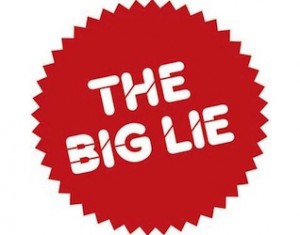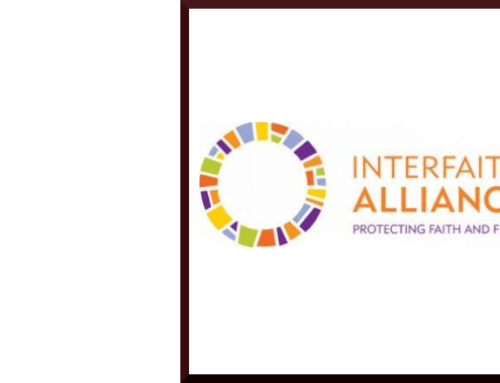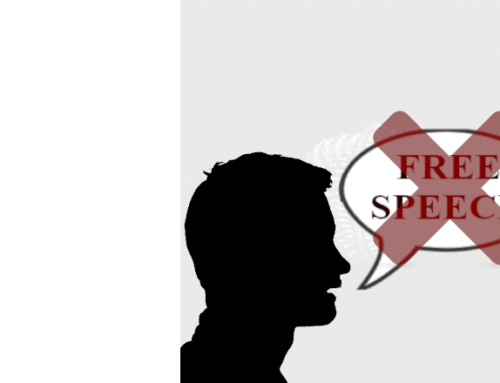
It is one of the biggest myths of our day to say that the United States is a religiously diverse nation. It manifestly is not. But there is a lot of money, and ideological investment, at stake in pretending otherwise.
Consider what happened when the Pew study on global religious diversity was released on April 4: with the exception of the Washington Times, not a single large-circulation newspaper in the nation ran a story on it. The Associated Press also ignored it, as did the TV news programs, both broadcast and cable.
The study found that “from a global perspective, the United States really is not at all that religiously diverse.” Indeed, “95% of the U.S. population is either Christian [78%] or religiously unaffiliated, while all other religions combined account for less than 5% of Americans. As a result, the U.S. ranks 68th out of 232 countries and territories.” Similarly, as a 2012 Gallup poll found, 95% of all Americans who identify with a religion are Christian.
The Pew study classified the U.S. as “moderate” in terms of religious diversity. With good reason: Jews are 1.8%, Buddhists are 1.2%, Muslims are .9%, Hindus are .6%, and folk religions are .2%. Moreover, the U.S. is less religiously diverse than such nations as Jamaica, Bermuda, France, Germany, Sweden, Tanzania, and Ethiopia.
The media blackout is politically driven. The Pew data undercut the thriving diversity industry—it is ubiquitous in the public and private sectors alike. Most important, it undercuts the multicultural argument used by anti-Christian organizations: we are overwhelmingly Christian, and as such we should not flinch from acknowledging this verity whenever appropriate. Our roots are Judeo-Christian; they are not Hindu-Islamic.
There are no beleaguered religious minorities who need to be shielded from the public expression of Christianity. The diversity argument is a big lie.







